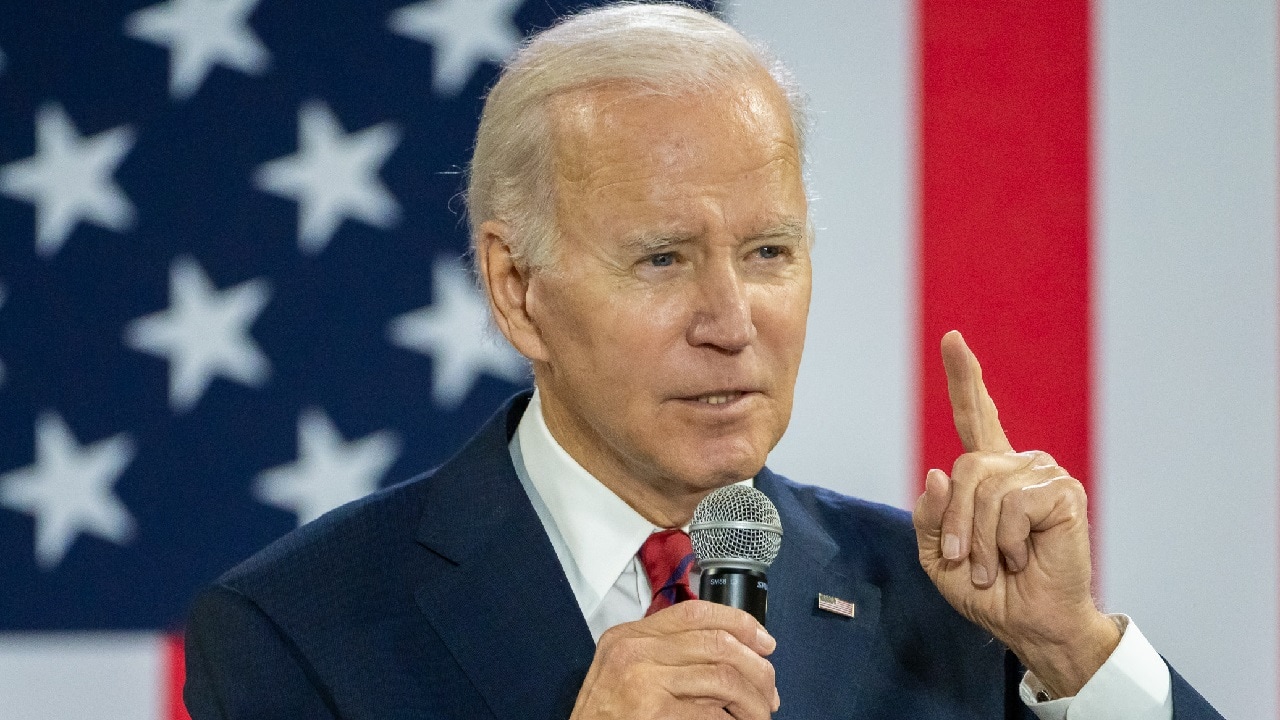Eighty years ago, Paul Alling, the State Department’s chief diplomat for Near Eastern Affairs, sat down with Michael Wright, the first secretary of the British embassy in Washington, DC, to discuss events in the Levant. According to Alling’s memorandum of conversation, Wright told him, “the Middle East, including Syria, would be an important land bridge in the eventual military operations in the Far East; that it was essential to strengthen the Allied position in that area, and the Foreign Office felt that this end would be attained by the American Government extending full recognition to the two local governments [Syria and Lebanon].”
The adversaries might have changed, but strategic logic has not.
Whereas during World War II, the allies sought to use the Levant as a land to ensure traffic of goods and personnel to the far east, today, northern and eastern Syria either make or break the land bridge enabling the flow of weaponry and terrorists from Iran west to the Mediterranean and from Turkey south to the Arab world.
Concern about an Iranian land bridge grew in the wake of the Iraq War as certain factions in Iraq became much more permissive to Iranian interests if not command. Speaking to Larry King in 2006 against the backdrop of the Israel-Hezbollah War, for example, Secretary of State Condoleezza Rice commented, “Hezbollah is a very dangerous organization. And they do have, thanks to Iranian supply and a Syrian land bridge, they do have some very significant long-range weaponry. But that’s what we’re trying to deal with.” Two years later, she responded to a Wall Street Journal editorial board about Iranian weapons shipments to Lebanon, “It’s a land bridge. It’s a real problem.”
At the time, support for Syrian Kurds was not on the table. Syrian President Bashar al-Assad’s grip was still strong. In 2004, Syrian Kurds in Qamishli rose in defiance of Assad. The United States and Syria’s neighbors stood by as Syrian forces fired into crowds. Only with the outbreak of civil war seven years later did Assad lose control as he withdrew most forces to concentrate on western Syrian cities more crucial to his power. The resulting rise of Kurdish autonomy in Syria provided a new opportunity for the United States, albeit one that Washington was slow to realize.
Analysts who advocate for a stronger U.S. alliance with Turkey often argue that the potential contributions by Turkey to disrupting the Iran land bridge through Iraq and Syria outweigh distaste at the concessions Ankara may demand centering upon an end to Washington’s support for Syria’s Kurds. The problem with this argument is not only its immorality but also that it ignores Turkish duplicity. On May 29, 2007, for example, a Turkish train carrying construction supplies from Iran to Syria derailed. When police and rescue workers arrived, they discovered the train carried an undeclared cache of Iranian arms bound for Hezbollah. Turkey might posture as a pro-Western state when convenient and might seek advantage diplomatically by promoting ties with Israel but when push comes to shove, President Recep Tayyip Erdogan cares only about money. If Tehran pays him more than Israel does, he will side with Iran and Hezbollah.
Given Turkey’s flirtation with the Islamic State, support for the Kurdish-led Autonomous Administration of North and East Syria (AANES) can disrupt an equally dangerous land bridge: that between the Turkish frontier into the deserts of southern and southeastern Syria, or vice versa. The February 16, 2023 elimination of Hamza al-Homsi, a senior Islamic State leader by U.S. forces acting alongside the Syrian Democratic Forces, the Kurdish-dominated AANES military, reinforces the utility of alliance with the AANES. Indeed, rather than compromise Syrian Kurdish autonomy upon some realist fantasy, it would make greater sense to double down on support for Syrian Kurdish federalism along the entirety of the Turkish frontier.
Seldom does foreign policy offer such a no-brainer: Syrian Kurds were America’s pivotal ally in the fight against the Islamic State at a time when the Iraqi Kurdish peshmerga remained on the fence and Turkey supported the wrong side. Robust Kurdish autonomy disrupts both Iran’s ability to fund terrorism, and Turkey’s support for radical groups across the Arab world.
President Donald Trump betrayed Syrian Kurds in order to appease Erdogan. Despite Biden’s promise to resist Erdogan’s blackmail, the default position of his team remains to appease. If Biden wants to drive a nail into the coffin of the Islamic State and Iran’s destabilization of the Middle East, there is no other option. The strategic interest of the United States should be to support and reinforce Kurdish autonomy and the AANES.
MORE: Pete Buttigieg Is Destroying Himself
MORE: Kamala Harris Is Creating a Nightmare for Democrats
MORE: Are We Watching the End of Donald Trump?
Now a 1945 Contributing Editor, Dr. Michael Rubin is a Senior Fellow at the American Enterprise Institute (AEI). Dr. Rubin is the author, coauthor, and coeditor of several books exploring diplomacy, Iranian history, Arab culture, Kurdish studies, and Shi’ite politics, including “Seven Pillars: What Really Causes Instability in the Middle East?” (AEI Press, 2019); “Kurdistan Rising” (AEI Press, 2016); “Dancing with the Devil: The Perils of Engaging Rogue Regimes” (Encounter Books, 2014); and “Eternal Iran: Continuity and Chaos” (Palgrave, 2005).

